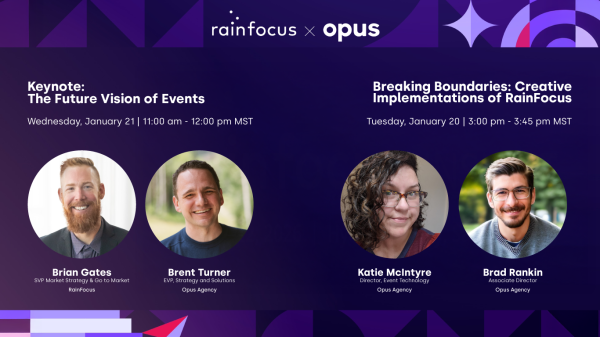Blockchain technology will safeguard and streamline events and the attendee experience.

It’s the encrypted record-keeping technology originally created to support the new money bitcoin, the transparent digital payment system that eliminates central “administrators” like banks and, even, the Federal Reserve System. We’re talking blockchain technology, which creates public but secure, unalterable ledgers of transactions. New uses for blockchain technology—beyond currency—are emerging to share and record assets publicly that will benefit event operations and multiple industries should it become widely adopted.
Blockchain software developer Cloudchain, for example, is using the technology to simplify ticket ownership and distribution to help avoid counterfeiting and streamline sales. Another developer, Po.et, is a “shared, universal ledger designed to track ownership and attribution for the world’s digital creative assets.” It’s geared toward content creators, publishers and consumers and creates a secure record for sharing and licensing content. “Generate immutable and timestamped titles for your creative works and register your assets to the Po.et network. Because it is decentralized and secured by the blockchain, the metadata attribution remains safe, verifiable and immutable,” Po.et explains on its site.
Beyond ticket sales for events and concerts and creative assets, the academic world is leveraging the technology. Last month, MIT debuted “digital diplomas” that use blockchain technology to “issue recipient-owned virtual credentials.” Created in partnership with software development company Learning Machine, the pilot program issues students digital diplomas via an app called Blockcerts Wallet that “enables students to quickly and easily get a verifiable, tamper-proof version of their diploma that they can share with employers, schools, family and friends.” It essentially gives “students autonomy over their own records,” MIT says.
Based on these three uses for blockchain technology, event marketers and organizers of high-profile events may use the technology to streamline ticketing, prevent counterfeiting and protect the integrity of high-demand events. Blockchain could also be leveraged for sales training or industry certifications, allowing attendees’ training to be publicly verifiable. And finally, it could help manage the distribution and licensing of content, whether it’s event or advertising creative or content like sizzle reels.
Secure data and secure identities: for marketers, it’s worth cashing in on blockchain and the bitcoin economy.






